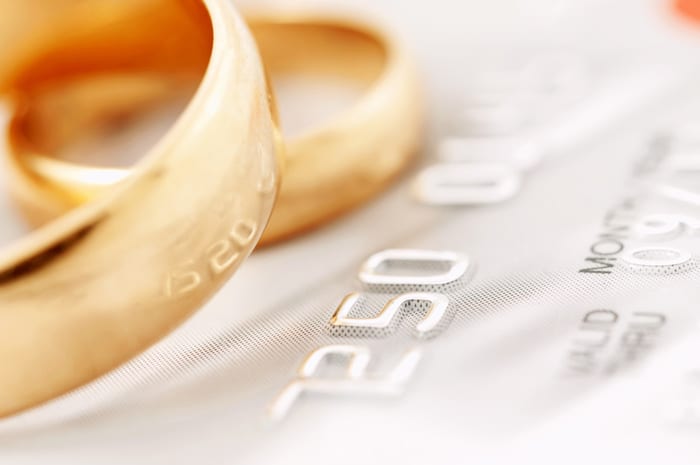How To Rebuild Credit After Divorce
If you and your soon to be ex-spouse have good credit, you should take the following steps.
Close all joint accounts. If your name is still on the account, you are legally responsible for any new debts your ex-spouse runs up. It does not matter if the divorce agreement states that the account in question is solely your spouse’s responsibility. You are still legally liable. Plus, if your ex-spouse is late in making payments, it will adversely affect your credit report, even if the debt resulted solely from your spouse’s actions.
Ask creditors to transfer balances to individual accounts. If you have a balance and cannot pay it off before the divorce, write the creditor. Ask that the account be closed and the balance be transferred into an individual account of the spouse who agrees to be responsible for that particular debt.
Warning: Sometimes divorce agreements stipulate that joint accounts may be maintained. As long as your ex-spouse remains on your account, you will be liable for his or her future debts. If you can, avoid any divorce agreement that requires you to maintain joint accounts. Only maintain joint accounts on the advice of your attorney.
If You Have No Credit
If you are an authorized-user on your spouse’s account, you may have no credit history of your own. This could make it difficult to obtain credit during a time when you are financially vulnerable. The first thing to do is confirm that you have no credit history by requesting a copy of your credit report from the three major credit bureaus. You can get a free annual credit report from each of the three leading credit bureaus from www.annualcreditreport.com.
If You Have Poor Credit
If you have a poor credit history, consider these steps:
The law allows you to send a written explanation up to 100 words to the credit bureau asking that it be attached to your credit history. You can use this to explain debt due to circumstances beyond your control (medical bills, an irresponsible ex-spouse). This will not improve your credit score, but it might help potential employers/landlords/creditors understand the root of your financial problems.
Pay all unpaid bills and credit card balances that are held jointly. Then, call your creditor and request that the account be canceled. Alternatively, if you call to cancel the account, be sure to ask the creditor to send you a letter confirming that the account has been closed. Remember, you will be responsible after divorce for any bad debts accrued by your spouse, even if your divorce decree says that your spouse is responsible for all debts.
If Your Ex-spouse Runs Up Bad Debts
If you are already divorced and your spouse ran up bad debts in a joint account after the divorce, you are equally responsible for the debt even if your divorce decree states that the account is 100% your spouse’s responsibility.
If your ex-spouse creates new bad debt in a joint account, contact your divorce attorney to see if you have legal recourse. If your spouse runs up huge debts in a joint account and creditors come after you, one option could be bankruptcy.
If a divorce is pending and your spouse has bad credit, contact your divorce attorney for advice.
The bottom line is you are responsible for credit card debt in a divorce, if your name is on the debt.
If Either Spouse Declares Bankruptcy
If either spouse declares bankruptcy, it will generally not wipe out the legal obligations of alimony, maintenance or child support payments owed to you (or by you). If you fear that your former spouse is going to file for bankruptcy, you need to contact your divorce attorney immediately to learn how you can protect your credit and your finances.

